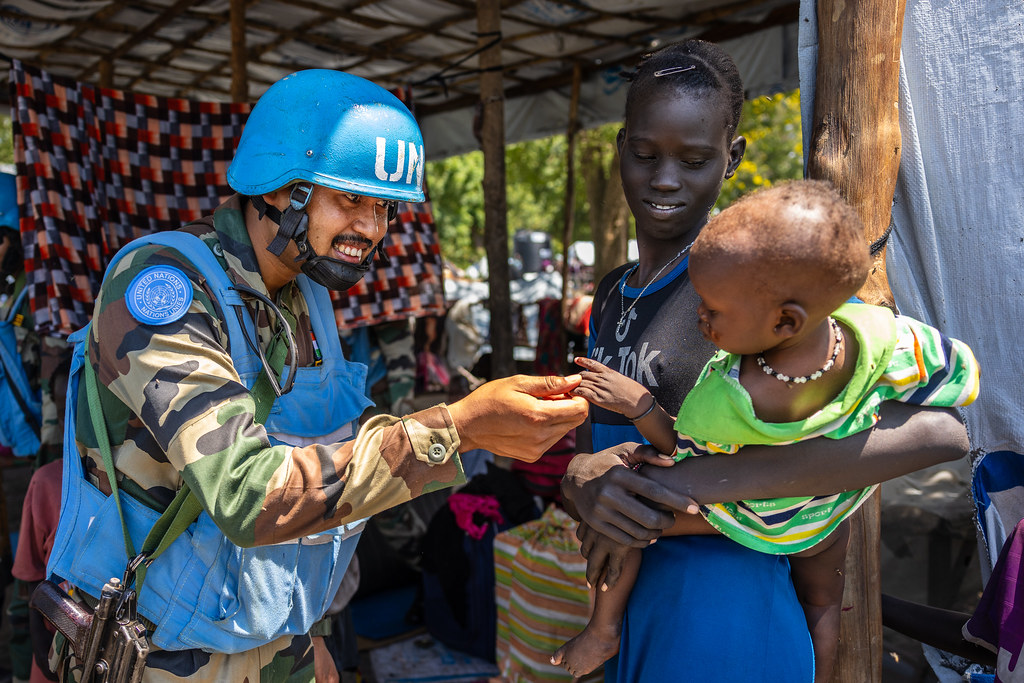When Sudan’s second civil war came to a close almost 20 years ago, the world hoped for a new era of peace and democracy in the region.
The world, however, got anything but peace.
After fighting broke out between the Sudanese Armed Forces (SAF) and the paramilitary Rapid Support Forces (RSF) in 2023, Sudan found itself where it once was two decades ago: amidst an ever-worsening humanitarian crisis.
Sexual violence, hunger and displacement ravage the country, but international eyes are focused elsewhere.
The Palestine-Israel conflict and Russian invasion of Ukraine have taken over media headlines and political agendas in the past few months, leaving Sudan’s current crisis virtually unknown to much of the public.
“The world is forgetting about the people of Sudan,” said Secretary-General António Guterres in a statement on April 15, 2024, with the date marking one year since the outbreak of the conflict.
His words ring all too true.
If the trend of inaction concerning Sudan continues, the World Food Programme warns that famine may soon become a reality. Twenty million already face acute hunger, and the effects of widespread famine would be catastrophic.
Sudan’s displacement crisis has also grown to be the largest in the world, with 10.7 million people having been forced from their homes, according to the International Organization for Migration.
These conditions, combined with heavy fighting, have led to the death toll reaching over 15,000 in the country, according to the U.N.
It does not stop there. The SAF and RSF have also acted with, what the nongovernmental organization (NGO) Human Rights Watch (HRW) calls, a “blatant disregard for international humanitarian law.” HRW identified that the two warring factions have occupied residential areas, targeted civilian protesters and limited aid delivery into the country.
Sudan desperately needs help; only 12% of the U.N.’s $2.7 billion Humanitarian Needs and Response Plan (HNRP) has been funded as of May 12, 2024, and countries like the U.S. are sitting on the sidelines.
Recently, President Joe Biden signed off on a $95 billion foreign aid package which included $61 billion for Ukraine, $26 billion for Israel and $8 billion for Taiwan, leaving Sudan out of the picture.
If only 3% of the foreign aid package was put toward Sudan, the HNRP would be fully funded, and the Sudanese people would experience some relief.
The U.S. isn’t the only one turning a blind eye, however, and international donors have supplied Ukraine with roughly 1,000 times more aid than they have for Sudan, according to Bloomberg.
It is no secret that foreign aid priorities are subject to global geopolitics and national agendas, but Sudan’s situation is urgent and rapidly deteriorating.
The situation in the country needs to be addressed immediately. States, institutions and individuals alike must heed the calls of NGOs and the U.N. by supporting international aid efforts in Sudan.
Those wishing to assist aid efforts in the country can provide support through various organizations such as the International Committee of the Red Cross and the International Rescue Committee.
Sudan cannot afford a repeat of the devastation that swept through the country during its second civil war 20 years ago.
The time to act is now.












